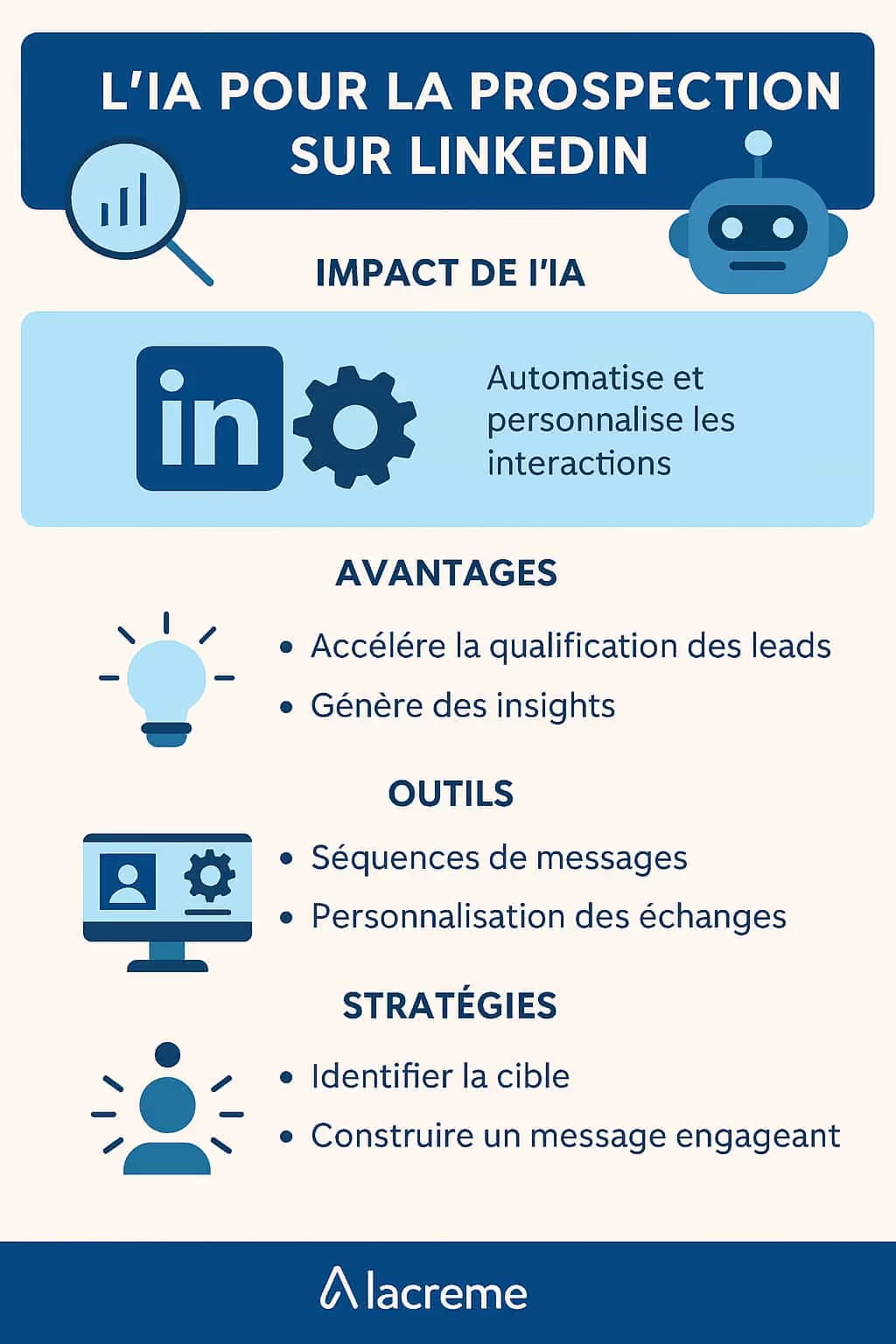The agri-food sector is today at the dawn of an unprecedented revolution, driven by the integration ofartificial intelligence (IA). Since his historical, AI is shaping every stage of the food system. This article explores How AI is transforming the food and beverage sector, improves food safety and quality, contributes to sustainable development and what challenges it poses for the future.
Revolution in the food industry through artificial intelligence
Optimization of production and distribution
At the heart of the food production chain, AI makes it possible tooptimize processes and to increase efficiency. With intelligent data analysis systems, farmers can now better understand the needs of their crops, predict yields, and manage water and fertilizer use more accurately. In distribution, predictive algorithms anticipate demand and improve supply chain management, thereby reducing waste and ensuring a smoother distribution of food products.
Technological innovations and AI in agriculture
Drones, robots and smart sensors are transforming thefarming by collecting and processing data in real time. This allows for accurate crop monitoring, early detection of diseases or pests, and even automated harvesting. The benefits are significant: reduction in costs, production losses, and environmental impacts associated with the excessive use of chemical products.
Artificial intelligence at the service of food safety and quality
Quality control and compliance of agri-food products
AI plays a crucial role in ensuring the quality and compliance of agri-food products. Advanced sensors and computer-aided vision systems make it possible to inspect food quality at various stages of production. These technologies offer non-invasive and continuous inspection, increasing the efficiency of quality control and reducing the risks of contamination or non-compliance.
Preventing health risks thanks to AI
AI tools are also capable of identifying and predicting potential health risks, such as bacterial contamination or the presence of toxins. By analyzing historical and real-time data sets, predictive models can trigger early warnings and enable rapid response to prevent public health problems.
Sustainable development and artificial intelligence
AI for ecological and regenerative agriculture
Incorporating AI into agriculture paves the way for more ecological and regenerative practices. For example, theprecision farming allows chemical inputs to be minimized and natural resources to be managed more effectively. In addition, AI can contribute to the creation of plant varieties that are more resistant to climate change and better adapted to local conditions.
Decision aids for sustainable resource management
Applications based on artificial intelligence help producers and suppliers make more informed decisions about the management of resources, such as water and soil. By analyzing vast environmental data, these tools recommend actions that promote the sustainable use of these resources, which is essential for the sustainability of the food industry.
The challenges and limitations of integrating AI in the food industry
Ethical and social issues related to automation
THEincreasing automation thanks to AI raises important ethical and social questions. Concerns include the potential loss of jobs and the impact on rural communities. In addition, there are concerns about the protection of agricultural data and decision-making that is increasingly entrusted to algorithms, raising questions about the mass surveillance and ethical issues associated with artificial intelligence.
Adapting skills and training workers
For the food industry to take full advantage of AI, it is imperative to adapt the skills of workers. Artificial intelligence and education are transforming learning, which involves developing programs for training continue and to ensure that employees can work with cutting-edge technologies, not only to exploit their full potential but also to ensure that the transition to smarter agriculture is inclusive.
The future of agri-food shaped by artificial intelligence
Prospects and projections on the evolution of the sector
The prospects for agri-food integrating AI are vast and promising. These technologies are expected to meet major challenges such as global food security, climate change adaptation and the need for more sustainable production methods. The potential for innovation is immense and could lead to the creation of new products and services, as well as to a significant transformation of agricultural practices.
Case studies: Successful examples of AI integration
Around the world, several successful use cases of AI in food and beverage are serving as models for the industry, using best artificial intelligence software. Whether they are companies using drones to monitor their vineyards, or start-ups developing sensors to optimize irrigation, there is no shortage of examples that illustrate the real potential of these technologies to transform the industry.






